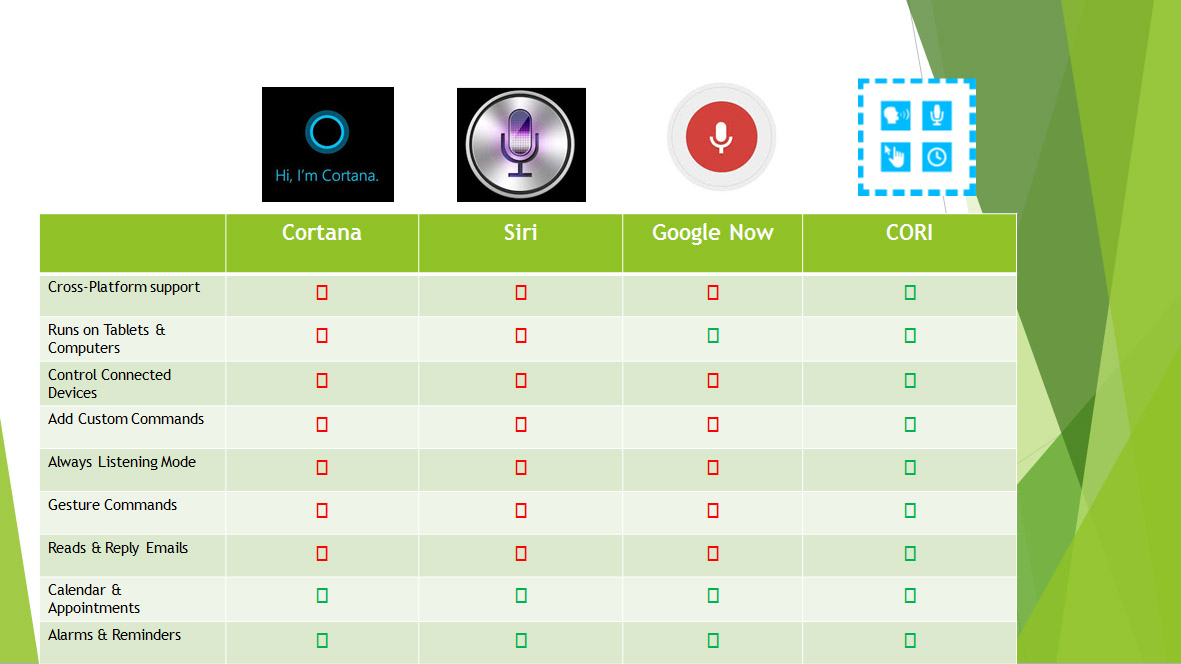While truly smart digital assistants are still on the horizon, recent advances in voice recognition and control technologies are taking us closer to sci-fi dreams like Iron Man’s AI JARVIS or Her’s Samantha. At the LEAP.AXLR8R, Peridot Technologies is tackling the challenge of fitting a digital assistant into our everyday lives with voice control and Leap Motion technology.
The idea behind any digital assistant is to fill workflow and information gaps in our everyday lives – making small interactions faster and easier, so that we can focus on bigger things. Illuminator is no exception. Beyond what you would normally expect – including reading emails, calendar, weather, and stock updates – Illuminator is also designed to work with other apps and software in your computer and smart home, including answering Skype calls, controlling PowerPoint presentations, and playing media.

Omar Barlas, Peridot’s managing director, was inspired to build Illuminator after several everyday irritations came together. Accidentally sleeping in through morning meetings (thanks, in part, to an overly forgiving snooze button). Needing an extra person to switch slides during investor presentations. Not being able to use his phone while getting his hands messy in the kitchen. To solve these problems, he decided to build an intuitive, portable, touchlessly controlled digital assistant.
From that original concept, Illuminator has grown to be an integrated voice-and-gesture app with the ability to tie into the Internet of Things – creating a new smart home experience where connected devices can be controlled without touch. Along the way, they’ve faced down several challenges that are common to touchless interfaces, including the problem of false positives.
Unlike touch-based interfaces, voice and motion controls can run into problems discerning intent, because it’s hard to tell when you’re starting an interaction. Are you talking to the interface, or someone else in the room? Are you gesturing for weather reports, or reaching for a cup of coffee?
To avoid this issue, Peridot Technologies uses a limited set of Leap Motion gestures, and requires users to say the app’s name (Cori by default, though this can be configured) in order to put it into listening mode. Limiting interactions to clearly defined expressions, and anticipating the kinds of “noise” your users will create, might sound obvious – but it’s also easy to miss!
How would you use a touchless digital assistant like Cori in your home? And as smart devices become ubiquitous, what are some of the best ways to interact with them? Let me know in the comments.
This post originally appeared on the LEAP.AXLR8R blog.


